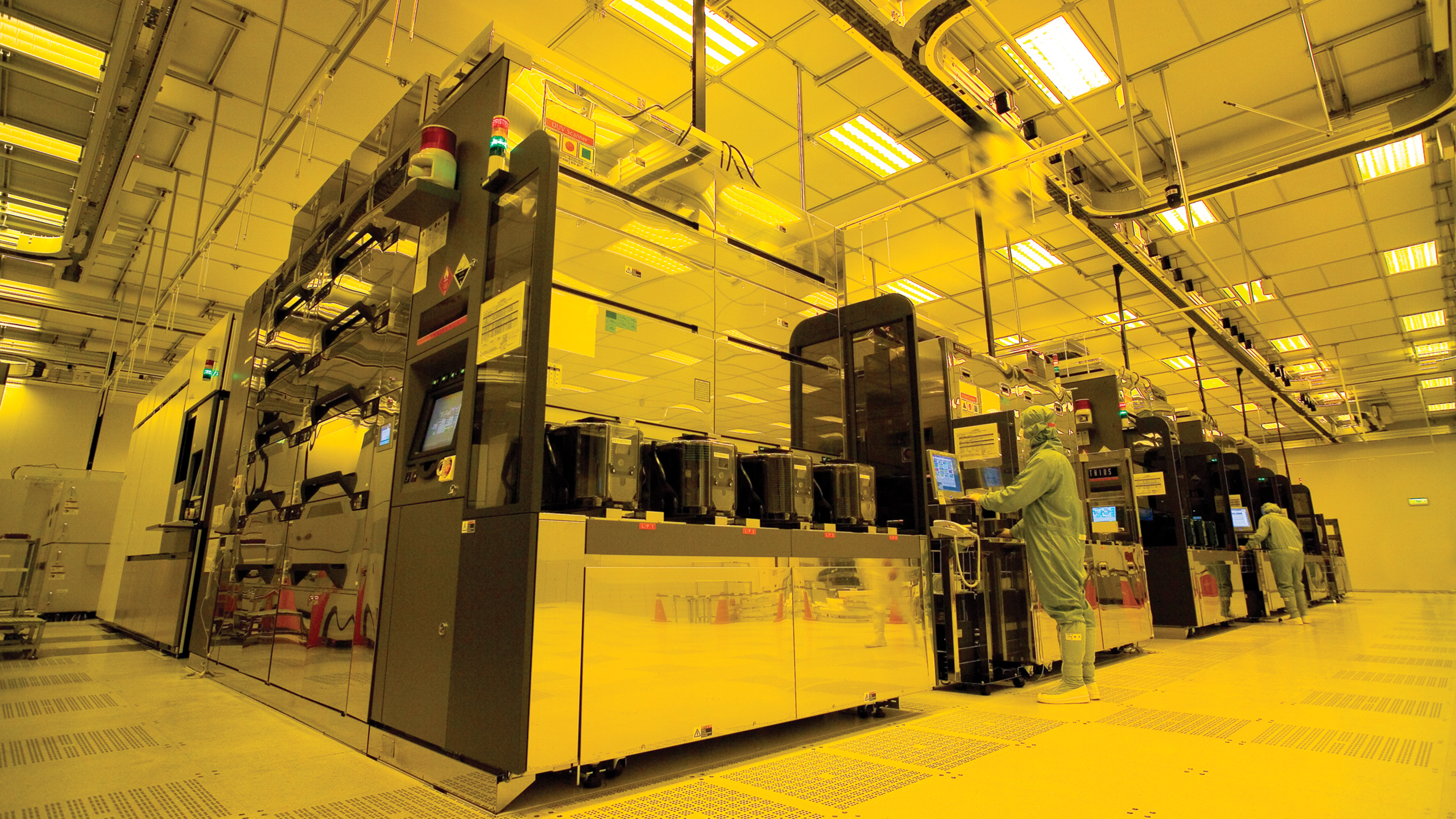
Japan is tightening restrictions on the export of advanced processors, cryocoolers for quantum computers, and lithography machines to prevent their usage in military applications. The new policy is set to be enacted in May, and from then on, companies will have to obtain export licenses before selling their high-tech products overseas, reports The Japan Times. In addition, the Japanese government added 42 Chinese companies to its blacklist. China has criticized the move, warning of potential trade disruptions.
The new rules include controls on cryogenic cooling systems essential for quantum computing and processors that could be used in guided missile systems. Japanese officials stress that these measures prevent military use rather than target specific countries. These restrictions follow concerns from the U.S. over re-exports of high-performance Nvidia GPUs for AI to China, even though the report does not explicitly state that Japan will ban re-exports of Nvidia GPUs to other countries.
In addition to tightening technology exports, Japan has expanded its list of foreign organizations subject to trade restrictions. The Ministry of Economy, Trade and Industry has added 42 entities worldwide, raising the number of Chinese companies, research institutions, and other organizations under Japanese export control to around 110. The updated list will be enforced starting February 5.
Beijing has vehemently opposed these measures, arguing that they could disrupt international supply chains and hinder business activities. The Ministry of Commerce in China urged Japan to ensure that economic relations between the two nations are not negatively affected.
In recent months, China has been making diplomatic efforts to strengthen ties with U.S. allies, including Japan. Foreign Minister Wang Yi extended an informal invitation to Japanese Prime Minister Shigeru Ishiba to attend the opening of the Asian Winter Games in Harbin in early February. However, Japanese officials consider the trip unlikely due to scheduling conflicts.
Ishiba is expected to meet with U.S. President Donald Trump on February 7, which takes priority over any visit to China. Meanwhile, diplomatic talks between the two countries have continued as Foreign Minister Takeshi Iwaya met Wang Yi and Premier Li Qiang in Beijing late last year. Both sides agreed to promote tourism and maintain open channels for security discussions.
Despite increasing trade restrictions, Japanese companies have benefited from strong demand for chipmaking equipment from Chinese firms, and sales of such tools reached record highs last year. However, the long-term impact of these new controls on Japan’s technology sector remains uncertain as businesses assess the potential loss of a key market.
#Japan #tightens #chipmaking #export #controls #USChina #tech #tensions


